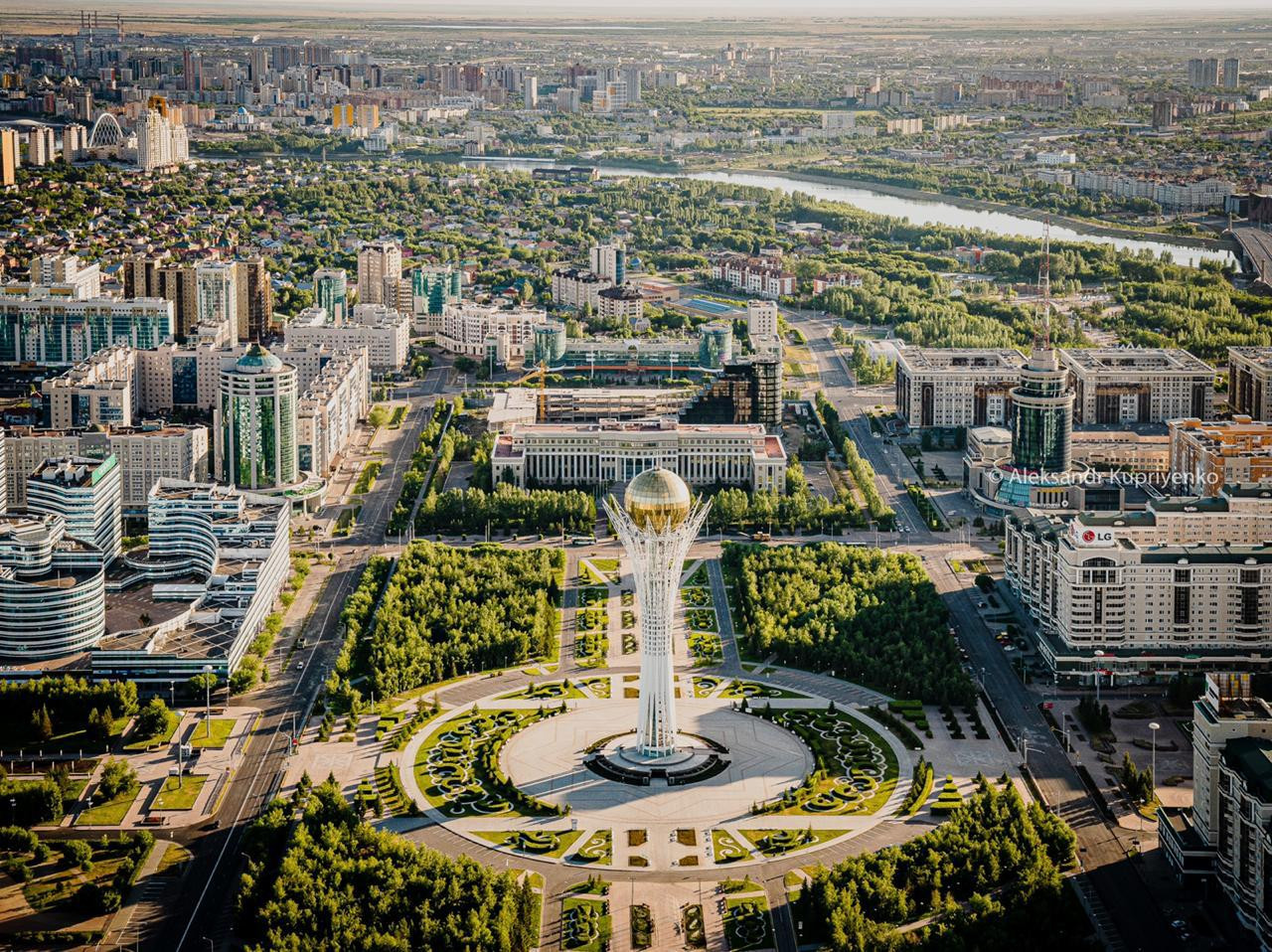NUR-SULTAN – Kazakhstan seeks to enhance its public administration system and replaces state programs with national projects, deemed to become more effective and concise.

The idea of national projects is envisioned in the country’s new National Development Plan until 2025.
While at this point it seems difficult to see the difference between state programs and national projects, the officials have high hopes. Presenting the national projects in March, Chair of the Agency for Strategic Planning and Reforms Kairat Kelimbetov, whose agency is mainly in charge of the transition, said the projects will be people-oriented and focused on serving the needs of people.
The national projects are defined as second-level documents, crucial for the “achievement of nationwide priorities, goals, objectives, and indicators” and will have priority budget financing. First-level documents are the National Development Plan until 2025, Territorial Development Plan until 2025, and National Security Strategy.
“National projects are a concise form of stating state policy on a particular issue. We will have around 15-20 national projects where the task of the national project will be clearly defined, for example, a program for the development of geological exploration or development of the electricity sector or development of agriculture, health reform, what exactly will be done, what funds should be allocated and who is responsible for it,” said Kelimbetov back then.
In July, President Tokayev chaired the meeting of the Supreme Council for Reforms that focused entirely on the national projects. Ten national projects were presented to the President, including digitization, development of competition, development of the agro-industrial sector, healthcare, and education.
“We need a common understanding of the goals and objectives of your work in terms of the development of national projects. The goals should be pragmatic, without capriciousness, without excessive theorizing,” said Tokayev, noting the goals and measures should be realistic.
“We are now forced to make decisions related to rising prices of basic products and, in general, to rising inflation. A host of other issues affecting the ordinary, everyday lives of our citizens. Take the drought, for example, which negatively affects livestock production. We have to be down to earth, roughly speaking. We need a coordinated effort here, with a full understanding of the tasks facing us,” he said.
As national projects will receive priority budget financing, it could increase corruption risks, said Tokayev.
The implementation of national projects will begin in August, once the budget is approved. “Each project is assessed by the Ministry of National Economy for economic feasibility, by the Ministry of Finance for the availability of financial resources, and by the Agency for Strategic Planning and Reforms for compliance with higher-level documents of the state planning system,” said Kelimbetov during the Akorda meeting.
The government and the agency are expected to submit the national projects by Aug. 15.
